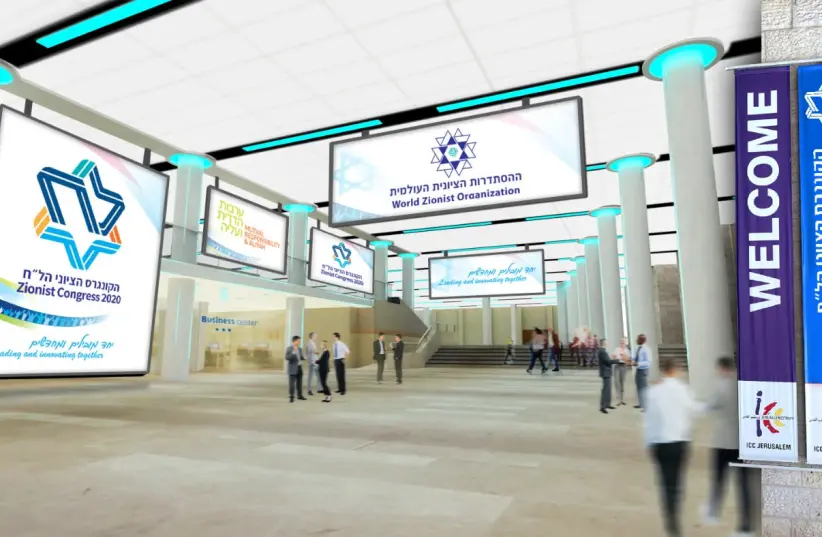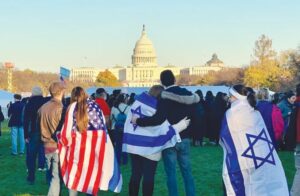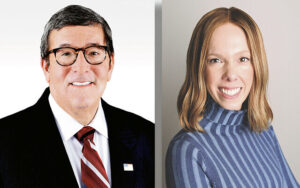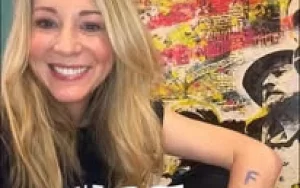At a time when Zionism is losing relevance and is politicized more than ever, there is a need for a party in the center that can engage global Jewry and strengthen its connection with Israel.
Representatives of the World Confederation of United Zionists slate have recently signed a long-term agreement with Tnuat Hamerkaz Haliberalit Hanoar Hatzioni (Movement of Center Liberal Zionist Youth), which officially launches an old-new faction in the World Zionist Congress: Kol Israel-General Zionists.
The agreement, which provides the two slates with a combined presence of 33 delegates, was signed by David Yaari, chairman of the Kol Israel faction, and Nisan Cialik, honorary chairman of the Kol Israel faction.
The World Zionist Congress is an elective body that represents Jewish communities around the world and serves as the World Zionist Organization’s higher constitutive and decision-making body. The Congress outlines the WZO’s policy, elects representatives to sit in its different institutions, and sets the course for the global Zionist movement.
The General Zionists, whom the new faction represents, played a central role in the development of the Zionist Movement and the establishment of the State of Israel. Until the establishment of the state, most Zionists were General Zionists, including leaders such as the state’s visionary leader, Theodor Herzl, Israel’s first president Dr. Chaim Weizmann, Abba Hillel Silver, Yosef Sapir and others.
“The reunification of the two parties comes at a critical time for the Zionist movement and is a revival of the General Zionist vision,” said Yaari. “At a time when Zionism is losing relevance with the next generation and has become even more politicized into narrower interest groups, there is a need for a party in the center that can engage global Jewry to strengthen their connection with Israel.”
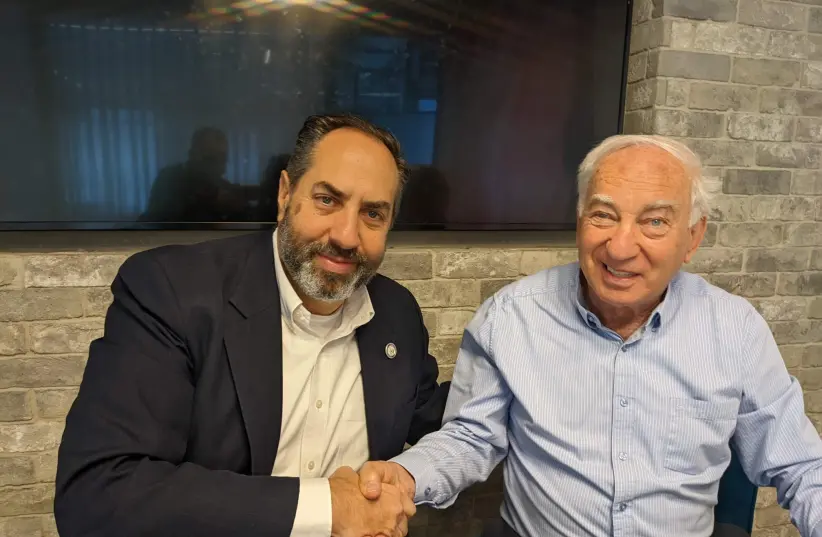
Nisan Cialik and David Yaari (credit: Kol Israel)
According to a statement from the new party, among the joint faction’s biggest areas of focus are empowering the Zionist federations across Diaspora Jewish communities, strengthening Zionist education and meaningful interactions for the next generation, encouraging aliyah, and promoting innovation within the Zionist Movement.
“Making Zionism relevant, particularly to young Jews in the Diaspora and in Israel, is vital if we want to see a resurgent Zionist movement,” Yaari said. “We must also work harder to engage our natural centrist and apolitical partners inside local communities to connect to their Zionist federations and the national institutions. The cooperation between our two respective parties reflects our shared values and belief in the investment in future generations.”
Tnuat Hamerkaz Haliberalit Hanoar Hatzioni said that the importance of the new cooperation agreement lies in the two movements sharing an ideological and value base: pure Zionism.
“The two organizations have joint ideological roots in the aspiration to form a bridge between Israel and Diaspora Jewry, and in the current times, with various challenges, we must work to strengthen this bridge,” said Cialik.
The World Confederation of United Zionists is a slate in the World Zionist Congress that promotes pure Zionism and the strengthening of connections between Israel and Diaspora Jewry. The Confederation, which operates in 18 countries, believes that Zionism from the Diaspora should not be narrowed or limited by domestic Israeli political party agenda or the religious streams.
As such, it places Zionism and Israel in the center and cooperates with Zionist entities in the Diaspora that believe in the pragmatic modernization and innovative development of Zionism as the national liberation movement of the Jewish people.
Tnuat Hamerkaz Haliberalit Hanoar Hatzioni is a slate in the World Zionist Congress. The slate was founded by the Hanoar Hatzioni (Zionist Youth) movement, which has operated in the Zionist world for the past 96 years in the field of Jewish education, promoting the values of Judaism, Zionism and humanism. The movement operates in 48 educational communities in 22 countries, from Australia to Canada, Europe, South America and Asia.
Its goal is to educate the next generation based on Jewish and Zionist values, with a liberal-humanistic agenda. The movement has about 8,000 members worldwide, manages camps and training programs, and brings hundreds of youngsters to Israel annually on a variety of programs.

